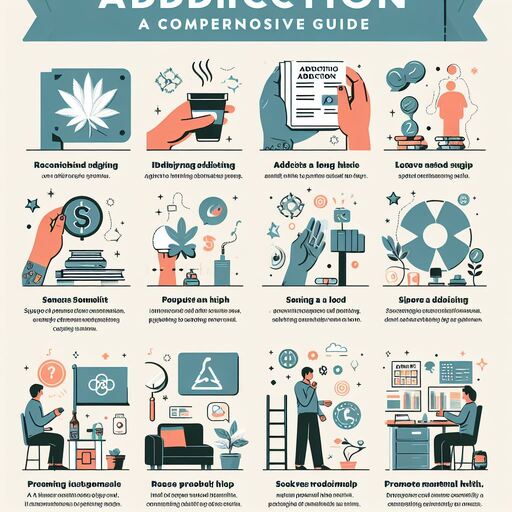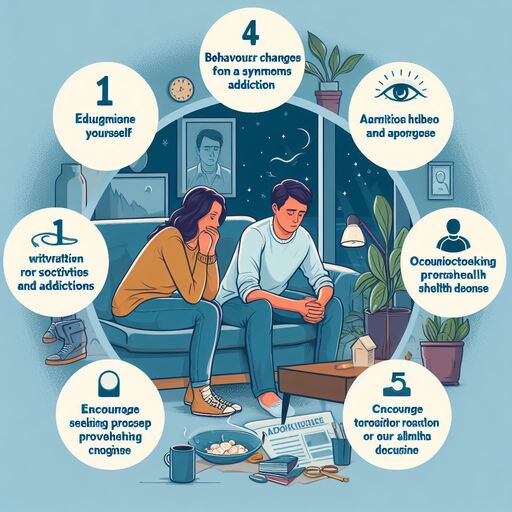How to Recognize and Address Addiction in Yourself or a Loved One
How to Recognize and Address Addiction in Yourself or a Loved One
Addiction can be a difficult issue to recognize and address, both for the individual struggling with the disease and their loved ones. It is important to understand that addiction is a complex condition that requires a multidisciplinary approach to treat effectively. In this article, we will discuss some of the key steps to recognizing and addressing addiction in yourself or a loved one.
The first step in recognizing and addressing addiction is by understanding what it is and how it works. Addiction is a chronic disease that affects the brain’s reward center, leading individuals to seek out and use substances despite the negative consequences. It is important to recognize that addiction is not a personal failing or weakness, but rather a disease that requires treatment just like any other medical condition.
Once you have a better understanding of what addiction is, it can be helpful to look for signs in yourself or a loved one. These signs may include changes in mood or behavior, social isolation, financial problems, and physical health issues. It is important to recognize that these signs do not necessarily mean that someone has an addiction, but they can indicate that they are struggling with a substance abuse problem.
If you suspect that someone you know has an addiction, it is important to approach the situation with empathy and understanding. Addiction can be a difficult issue to talk about, and it is important to create a safe space where the individual feels comfortable sharing their experiences. This may involve having an honest conversation about how they are feeling and what they need from you as a friend or family member.
How to Recognize and Address Addiction in Yourself or a Loved One
It is also important to recognize that addiction is not something that can be fixed overnight. Recovery is a process that requires consistent effort, support, and treatment. This may involve seeking out professional help, such as therapy or counseling, as well as supporting the individual in making lifestyle changes and seeking out support groups.
Finally, it is important to remember that addiction affects individuals and their families, and that it can be a challenging issue to navigate. However, by understanding addiction, recognizing signs of addiction, approaching the issue with empathy and understanding, and providing consistent support and treatment, we can help those who struggle with addiction find hope and recovery.
How to Recognize and Address Addiction in Yourself or a Loved One
In conclusion, addiction is a complex disease that requires a multidisciplinary approach to treat effectively. By recognizing the signs of addiction, approaching the issue with empathy and understanding, and providing consistent support and treatment, we can help those who struggle with addiction find hope and recovery.
How to Recognize and Address Addiction in Yourself or a Loved One

